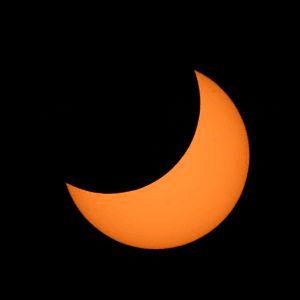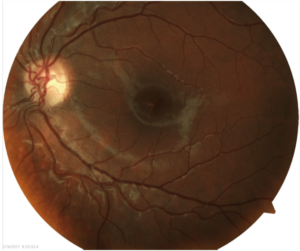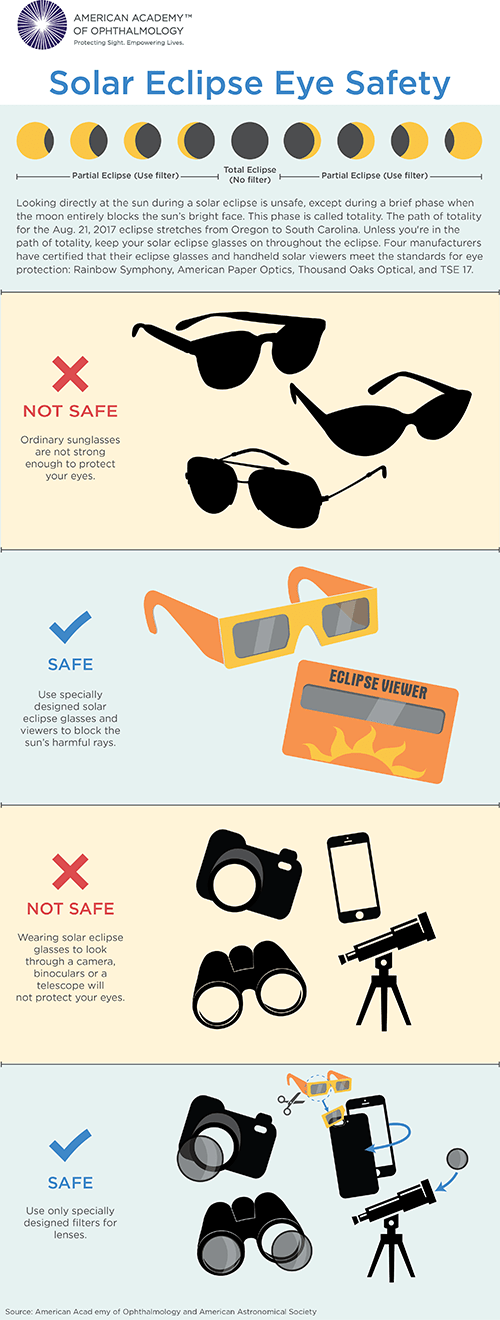Posted by: North Georgia Eye Associates in Eye Conditions,News,NGEC,Pediatric Ophthalmology

Eye Safety for the Solar Eclipse on August 21, 2017

KEVIN GERTSCH, M.D.
Ophthalmologist, Pediatric Ophthalmologist
The shadow of the Moon will pass across the Sun in North Georgia on August 21, 2017 from 2:34-2:40 pm. The Sun will be completely covered by the Moon (totality) in Blairsville, Blue Ridge, Clayton, Helen, Toccoa and the surrounding areas of the most northeastern cities of Georgia. People watching in Gainesville will see a partial eclipse, but the Sun will not be completely covered.
Do I really need eye protection?
YES! Looking directly at the Sun can cause damage to the retina and permanent vision impairment. The natural lens in our eye focuses light onto our retina similar to a magnifying glass focusing light onto objects. Just as a magnifying glass can be used with the Sun’s rays to start fires, staring directly at the Sun for long periods of time can focus enough energy to damage the back of the eye and form a hole in the outer layers of the retina known as solar retinopathy. Although this condition can improve with time, it often leads to a permanent blind spot in your central vision. You should only view the eclipse wearing ISO approved eye protection. These glasses can be bought online or are available at some public libraries. Regular sunglasses will not provide adequate protection. Do not look directly at the Sun or through binoculars or telescopes. Small children should be kept inside to prevent ocular damage. Let them enjoy the eclipse when they are older and let them enjoy normal vision until then (future eclipses in the United States will occur on 4/8/2024 or 8/12/2045).

Why is it more dangerous to look at the Sun during an eclipse?
It is never a good idea to look directly at the Sun for long periods of time. Solar retinopathy can occur even when there is not an eclipse if a patient continues to stare at the Sun. In the absence of an eclipse the Sun’s rays are so bright that most people do not tolerate looking for more than a few seconds and the pupils constrict to only allow in a small amount of the Sun’s light. During an eclipse, the Sun’s rays do not appear as bright and are more tolerable to look at, even though the same damaging UV rays are still present. Also, because there is less light the pupils dilate allowing more damaging rays to enter into the eye and damage the retina.
What should I do if experience vision loss after watching the eclipse?
Unfortunately, there are no eye drops or medications that will immediately reverse the damage from solar retinopathy. Vision usually improves with time and may completely recover 3-6 months after the injury. You should make an appointment with your ophthalmologist to monitor for improvement and to make sure there are not any other treatable causes of vision impairment present.
View a larger version of this graphic.
Get additional info about safely viewing the eclipse from the American Academy of Ophthalmology here!